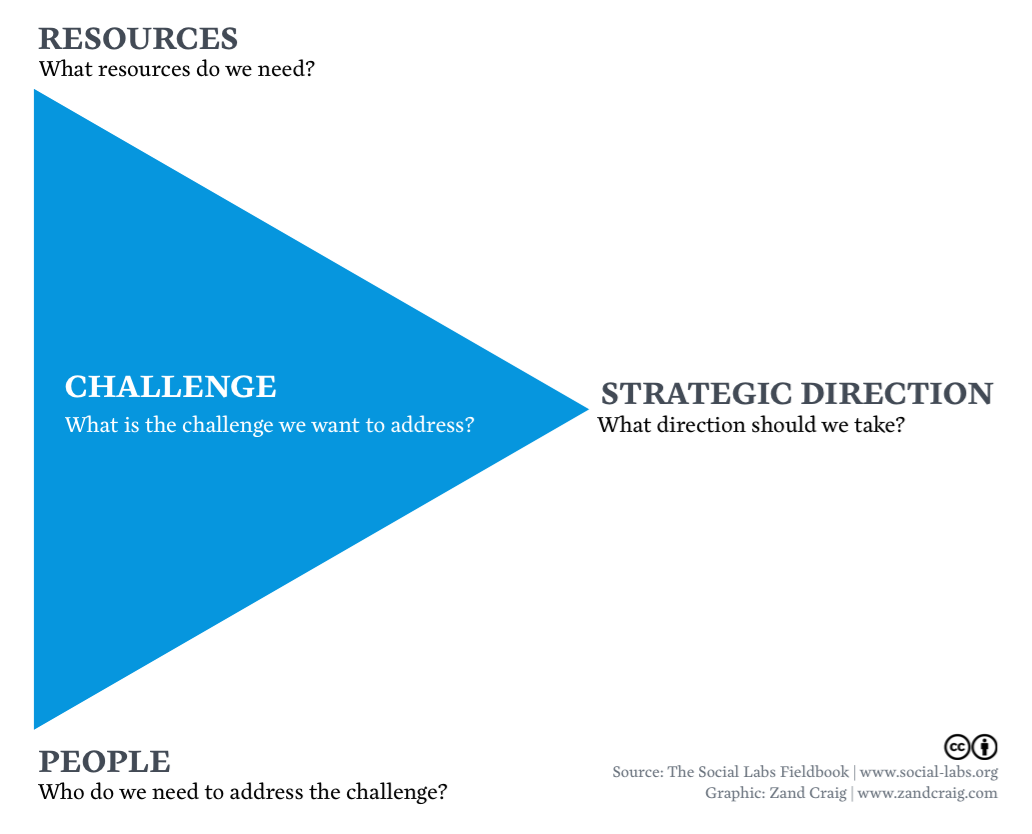The hosting team of Grove 3547 are delighted to be able to make available the vast majority of the documents, images and reports that we used throughout the first cycle of the Grove 3547 social lab.
Our intention is to build an open archive of files under a creative commons license, so that people in Chicago and around the world, can utilize our tools, practices and learnings in their work on complex problems.
What you’ll find inside is everything from our facilitators’ run sheets to our workshop reports, information about our Agile regime to agendas for dialogue interview training. We’re making them open so that you can take them and build on them – they’re by no means the blueprint to running a social lab, but we do hope that they may provide support and insight for those working to address our world’s most complex challenges.
In this archive you will find a glimpse into the work that goes into designing and delivering a social lab. The documents, tools, and files have been organized in a timeline which follows the course of the social lab, beginning with Governance, moving into Preconditions, and then moving into the launch of the actual Lab itself.
Thanks for joining us and we hope that you enjoy the Archive!
The Grove 3547 Team

This archive is a project undertaken by The Chicago Community Trust and Roller Strategies to share and document our social labs work in Chicago in 2016 and 2017.







